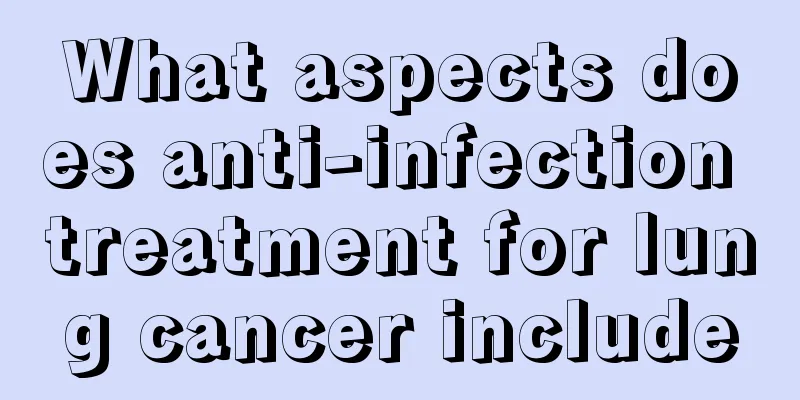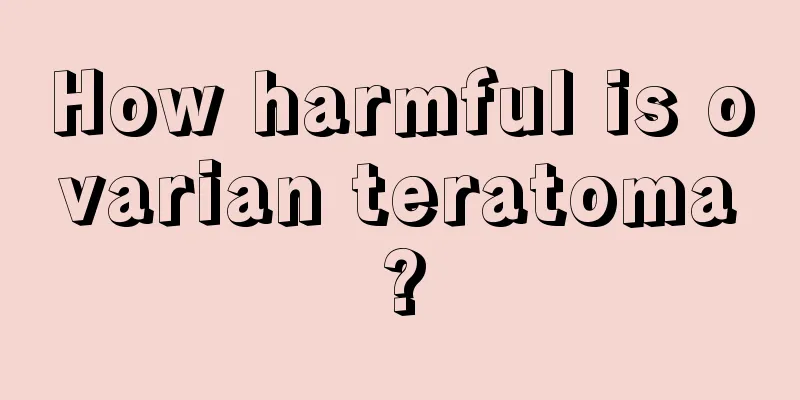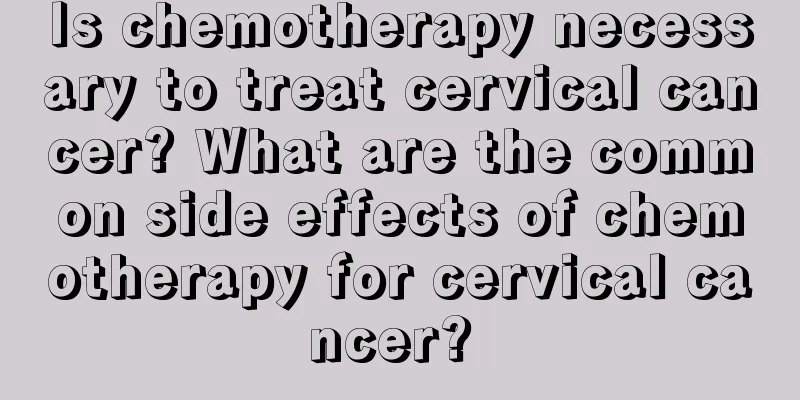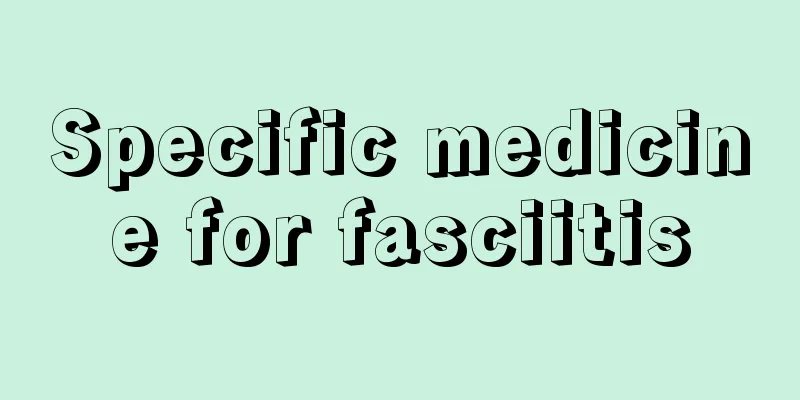What aspects does anti-infection treatment for lung cancer include

|
Anti-infection treatment during lung cancer treatment belongs to the category of supportive treatment. Supportive treatment refers to the treatment of other symptoms or side effects that occur during disease treatment. For example, the above-mentioned anti-infection treatment for lung cancer patients should include antibacterial treatment, antifungal treatment, and should be combined with expectorant treatment, as follows: 1. Antifungal treatment: Since lung cancer patients are consumed by tumors for a long time, their bodies are relatively weak, which leads to weakened body defenses and immune dysfunction, making them very susceptible to bacterial infections. Furthermore, after admission to the hospital, they need to undergo surgical treatment, radiotherapy, chemotherapy, immunotherapy and other anti-tumor treatments, which will greatly increase the chances of bacterial infection in patients. Although the use of broad-spectrum antibiotics may be effective in the early stages, long-term use can lead to drug resistance. Therefore, general anti-infection treatments are often not ideal. At this time, allergy tests are generally conducted on patients to select drugs with high sensitivity rates in drug sensitivity tests, and other treatment measures are combined to solve the problem. 2. Antifungal treatment: There are roughly three ways for lung cancer patients to be infected with fungi, namely endogenous infection, exogenous infection and secondary infection. Common pathogens are Candida, Aspergillus and Cryptococcus, which can be transmitted through the respiratory tract, medical contact, etc. At this time, treatment should take into account the patient's clinical condition and choose sensitive antifungal drugs. 3. Expectorant treatment: The purpose of the first two treatments is to "cure the root cause", that is, to eliminate the source of infection, while expectorant treatment is to "treat the symptoms", eliminating adverse symptoms such as cough and sputum caused by infection. Expectorant treatment is mostly drug therapy, which can be taken orally or sprayed. At the same time, patients should be reminded to cough up the phlegm in their mouths. |
<<: What are the medicinal diets used to assist in the treatment of gastric cancer?
>>: What skin changes may occur in breast cancer patients
Recommend
Can applying distilled water on the face cure allergies?
It is said that applying distilled water to the f...
Can I eat yam if it turns black?
It is very common for food to spoil in people'...
What are the methods of using compression bags
Compression bags are also called vacuum compressi...
What is the best food to eat after lung cancer
What are the best foods to eat after lung cancer?...
The benefits of drinking light salt water in the morning
Many people have a habit of drinking a glass of w...
How long does it usually take to determine the cure of early cervical cancer
According to the symptoms of cervical cancer, it ...
Do hamsters have plague?
Hamsters are very cute little animals. Nowadays, ...
What are the treatment principles for lung cancer? Introduction to the main treatment options for lung cancer
Many lung cancer patients have developed a fear o...
What kind of diet is helpful for the treatment of thyroid cancer?
What kind of diet is helpful for the treatment of...
Pain in calf blood vessels
Calf vascular pain is likely a symptom of disease...
Can ovaries be preserved after cervical cancer surgery? What are the postoperative nursing methods for cervical cancer
Cervical cancer metastasis is very rare, directly...
Buckwheat health tea
What are the effects of buckwheat health tea? Dri...
How many kinds of green tea are there
There are many types of green tea, the most commo...
What foods are good for preventing liver cancer? Eating more three kinds of bamboo shoots is effective in preventing liver cancer
1. Bamboo shoots: laxative and detoxifying Bamboo...
What should you pay attention to in your diet when you have nasopharyngeal cancer? What are the common sense for preventing nasopharyngeal cancer?
Nasopharyngeal cancer is a common disease in dail...









